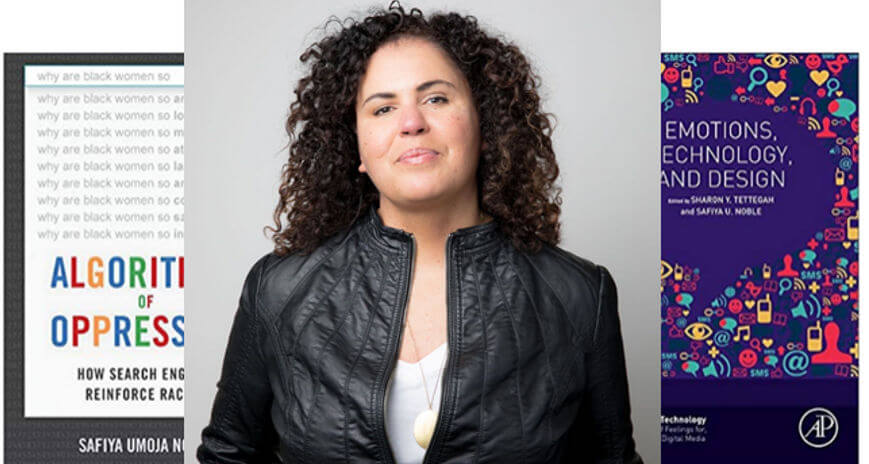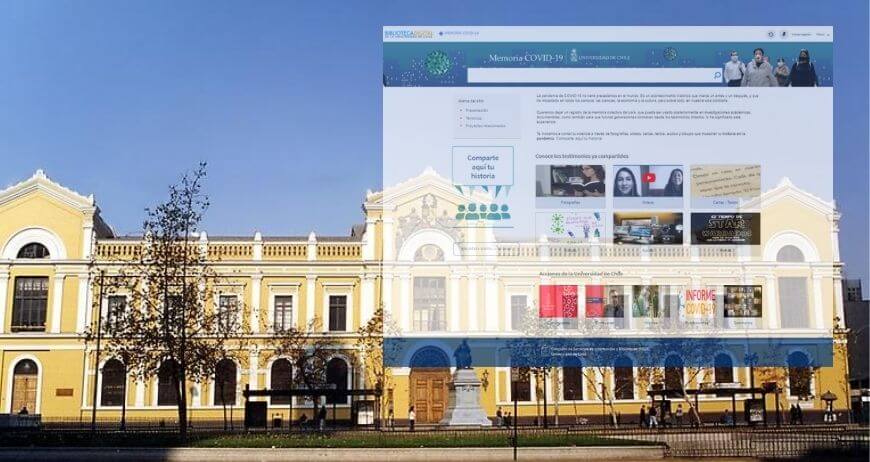Dani Guzman, Product Marketing Director, Ex Libris
As the cold months (at least in the northern reaches of the globe) keep virtual and in-person visits to the library high on our list of activities, we consider the role of the library in making knowledge universally accessible. Whether by improving the verifiability of online sources, ensuring that data relevant to critical policy decisions remains at the public’s disposal, or by building a richly representative collection, librarians and other curators of information have great power to nourish curious minds. Read on to see what a few of them are doing to ease the free flow of information…
Verifiability, The Wikipedia Library, and the #1Lib1Ref campaign
Is Wikipedia the dime store tabloid of the reference works universe? Not so, says one knowledge management expert. Not only does Wikipedia currently hold its own against the stately encyclopedia in the accuracy of its articles in a number of fields, the communal element of this resource allows it to tap an army of public-spirited contributors for initiatives such as #1Lib1Ref, which encourages librarians to provide new sources for existing articles. How does this work? Click to find out! >>>
The ‘How Does a Librarian Work?’ Edition
The arrival of a new administration in Washington, DC, has caused one University of Pennsylvania librarian to worry that climate science data may not long be maintained on publicly accessible websites. Joining forces with the Data Refuge, a project that aims to preserve climate data that is currently viewable online, this librarian is following a protocol established by the Library of Congress to ensure that data is not only kept, but is replicated in a readily available form. Read more here. >>>
Western Sydney University Offers No-Cost Digital Textbooks
In a brilliant feat of resource management, Western Sydney University has lowered the entry barrier to a higher education by eliminating the cost of textbooks for first-year students. By teaming with ProQuest and making use of the company’s Ebook Central platform, the university will deliver required textbooks digitally at no expense to students. The e-books will be organized and made accessible through the Ex Libris Leganto reading list solution, which the WSU Library is also using to open up its electronic collection. Read further to learn how this breakthrough came to fruition. >>>
Five Questions: Got health questions? Ask your Philly librarian
Taking an expansive view of its role in disseminating knowledge, the Free Library of Philadelphia is increasingly serving as a resource for patrons wishing to inform themselves further about health concerns. As the poorest of the ten largest cities in the US, as well as one of the highest ranking cities for health problems related to obesity, hypertension, and diabetes, Philadelphia has a large demographic in need of guidance on meeting their health needs. Learn how Free Library employees are helping to fill this gap. >>>
Librarians in the 21st Century: The Power of Our Choices
Librarians responsible for collection development face a wide array of questions concerning which book choices will best meet the needs of the communities they serve, how to ensure that valuable authorial voices that might otherwise be overlooked are given needed exposure, and how to display representative authors in a way that ensures regular visibility. One veteran librarian shares her insights on the power of thoughtful collection development to facilitate “life through someone else’s experience.” Read more here! >>>
One Big Social Media Prediction for 2017
If merely having a Facebook, Twitter and Snapchat account is a librarian’s answer to the question “How are you using social media?” then your library’s social media is unlikely to improve, says author David Lee King. A session spent with fellow employees reviewing each platform’s usage analytics will go a long way in understanding what’s working and what isn’t. From there, King advises, simple goals will help bring meaningful improvement. Read on to see King’s suggestions. >>>









